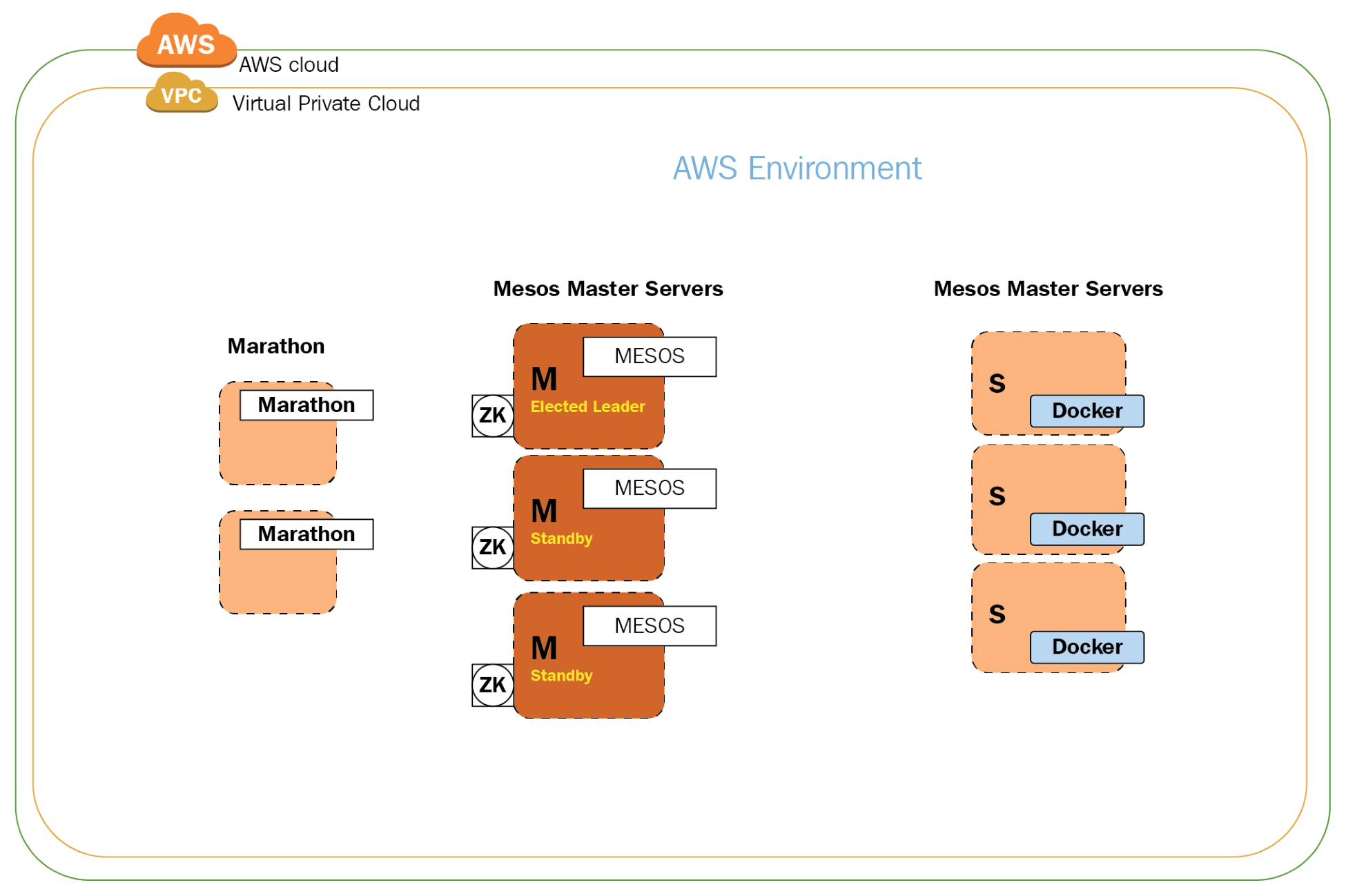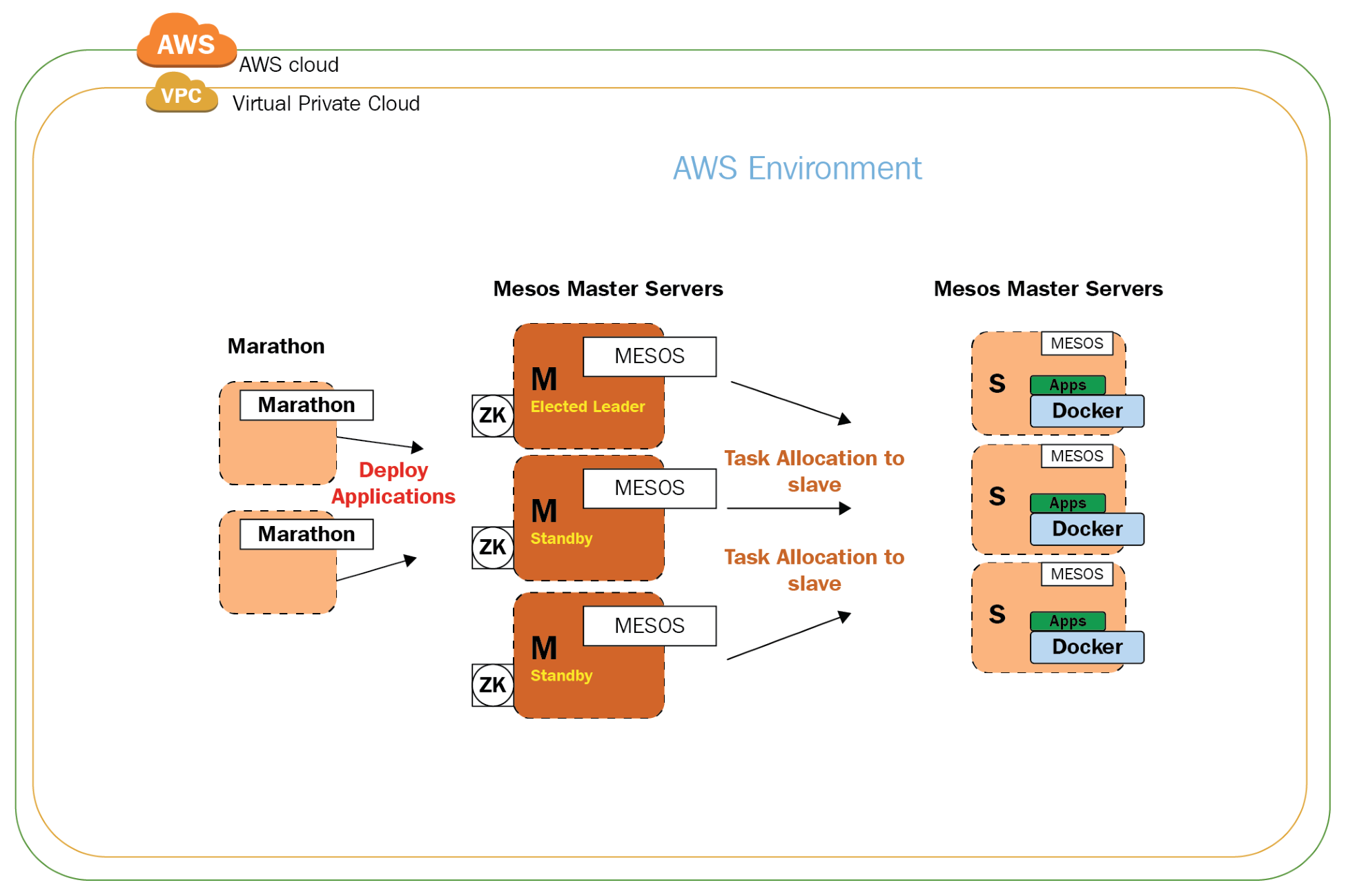Manuj Aggarwal is an entrepreneur, investor, and technology enthusiast. Over the last few years, he has been a business owner, technical architect, CTO, coder, start up consultant, and more.nnCurrently, he is the principal consultant, architect, and CTO of a software consulting company, TetraNoodle Technologies, based in Vancouver, Canada. He works with various start-ups on a number of cutting edge and interesting problems. Whether it is ideation and the refining of your start up idea, or building a dream team to execute the idea, he provides a diverse set of solutions that help these start-ups to succeed in their plans.nnHe has been active in the software industry since 1997, and has worked with early-stage businesses through to Fortune 100 mega-corporations. He is passionate about sharing all the knowledge that he has acquired over the years. He is particularly interested in helping technical and non-technical entrepreneurs, founders, and co-founders of tech start-ups.
Read more



































































